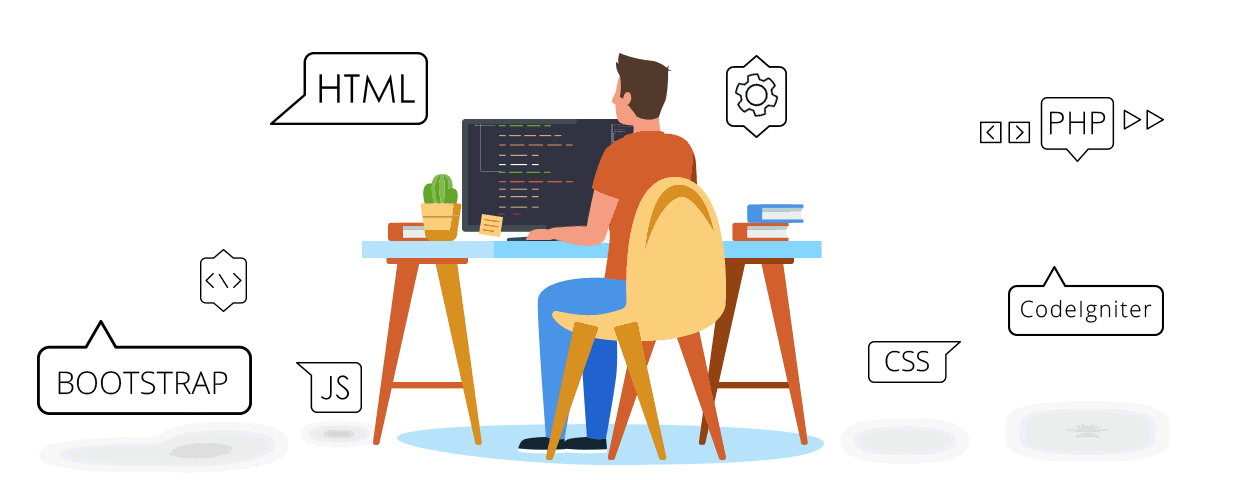Ecommerce Platforms

Notes about Ecommerce
Compare
Shopify
Pros
Most popular e-commerce platform.
Built with ecommerce entrepreneurs in mind.
Free 14 day trial.
Has useful apps and plugins.
Cons
Is more expensive can be 29$ a month
Bigcommerce
Pros
Has some built in features that are great for ecommerce, but shopify has added those features as well.
Cons
Less features than most platforms.
Is equally expensive as shopify.
Has selling limits.
BigCartel
Pros
It's free if you have 5 products or less.
It's made for artists and makers.
It's pretty simple to make a small store.
Cons
The platform doesn't have enough features.
The platform also doesn't have enough integrations for serious physical product sellers.
Volusion
Pros
Has a lot of really great features that you have to pay for in shopify.
Allows for multiple SKUs and color swatches.
Cons
Shady business practices, like price jacks, features not working at times.
Same price as shopify.
Woocommerce
Pros
Most talked about platform because its free, but has paid features.
Has the most users in the ecommerce space.
There is a ton of plugins.
Cons
You have to pay for hosting.
It's not intuitive, needs coding knowledge.
Things can go wrong or there is big risks with a woocommerce website.
Piecemeal payments: You start to have to pay more as you grow into a bigger business.
SquareSpace
Pros
You can make beautiful websites.
Its easy to use.
Cons
Its not meant for ecommerce.
Has the same price as shopify but is not catered towards e commerce.
Magento
Pros
Used to be really popular because it is very customizable.
Cons
To customize it you need to know how to code.
Godaddy
Pros
Great for buying domains.
Cons
They are nor meant for ecommerce.
Wix
Pros
Good for creating websites.
Cons
Not built with ecommerce as the main functionality.
Amazon, eBay and Etsy
Pros
Easier to get started and highly customizable.
Cons
High fees.
Strict user guidelines.
What is the best Ecommerce platform?
Shopify wins because it has more potential for companies that can grow over time.
Changing Trends
How e-commerce is changing retail trends during the pandemic: Shopify COO
Consumers are not buying from brick and mortar stores as much anymore.
Shopify's stock price rose during the pandemic.
The pandemic brought upon us the ecommerce boom, that was estimated to happen in 2030.
There is demand from consumers to buy from independent brands online.
Businesses who are adapting to sell online are performing better than those who refuse to do so.
Shopify and Facebook are partnered to reach as many people as possible.
Shopify is almost competing with Amazon by providing a way for people to sell their individual merchandise.
Shopify is the second biggest retailer in America next to Amazon.
Shopify wants to expand their warehouse and logistic plans to help entrepreneurs compete with Amazon.